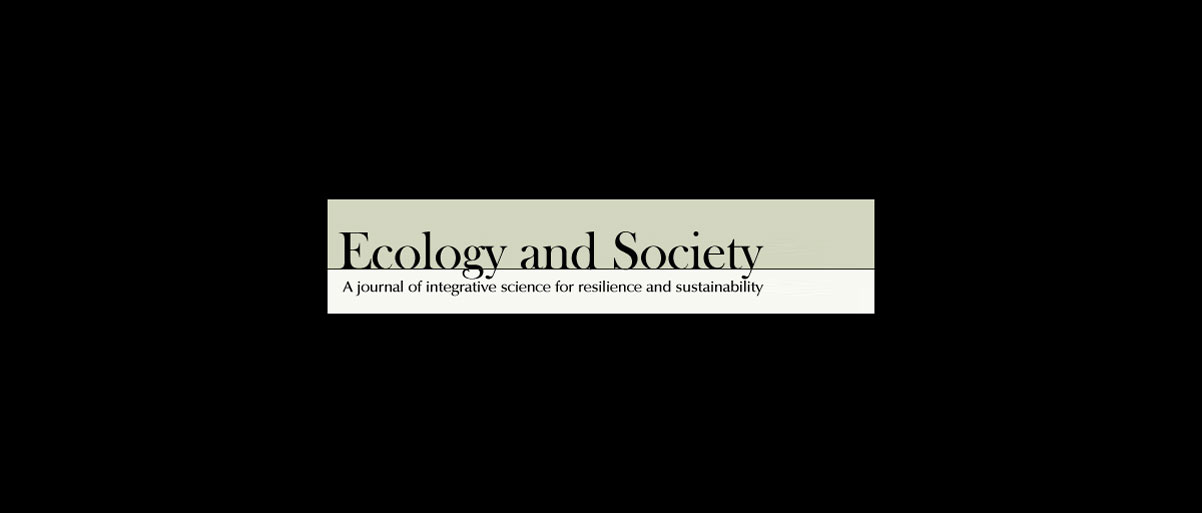
Bildtext
Bildtext får vara max två rader text. Hela texten ska högerjusteras om den bara ska innehålla fotobyline! Photo: B. Christensen/Azote
IMPACT FACTOR
Increasingly cited
The journal Ecology and Society is establishing itself among top journals in sustainability science
Text
The multidisciplinary open access journal Ecology and Society is becoming an important reference point among journals in sustainability science. The latest analysis from the Earth and Environmental Science journals at Taylor & Francis shows that the Impact Factor for the journal continues to grow and that the editorial board has become increasingly stringent in terms of the papers that are accepted.
“Ecology and Society maintains a very high bar for the quality of papers. A proportion of only 24% uncited papers is in line with many of our top titles, so many congratulations,” says writes Dr Andrew Kelly, Managing Editor, Earth & Environmental Sciences at Taylor & Francis Group in an email. The analysis was based upon original data taken from Web of Science, an online subscription-based scientific citation indexing service maintained by Thomson Reuters.
The centre deeply involved
Ecology and Society is published by the Resilience Alliance and a journal in which the centre is deeply involved. The father of resilience theory, C. S. Holling, was the founding editor and today centre director Carl Folke shares the role as editor-in-chief with Lance Gunderson from Emory University. Moreover, the editorial team includes more than a dozen of centre colleagues. It provides open access to all of its content on the principle that "making research freely available to the public supports a greater global exchange of knowledge." Users may read, download, and link to any article.
The new analysis from Taylor & Francis also shows that the growth in Impact Factor depends to a large extent on an increase in the number of very highly cited papers (those that receive 5+ citations), which has proportionally grown from 21% to 25% over the past three years. These data suggest that Ecology and Society are increasingly attracting the top papers in the field, testament to clear efforts that the editorial team has put into growing and developing the journal over the past few years.
Humans as parts of nature
Ecology and Society covers a range of disciplines from the natural sciences, social sciences, and the humanities, concerned with the relationship between society and the life-supporting ecosystems on which human well-being ultimately depends.
Published papers include both applied and theoretical work, with an emphasis on topics “relating to the ecological, political, and social foundations for sustainable social-ecological systems”. For example, the journal publishes research findings on stewardship and sustainable use of ecological systems, as well as on the effect of social, economic and political institutions on ecological systems and services.
“We view humanity and nature as co-evolving systems that interact within the bounds of the biosphere at various temporal and spatial scales and across scales,” write editors-in-chiefs Carl Folke and Lance Gunderson in their vision statement for Ecology and Society.






